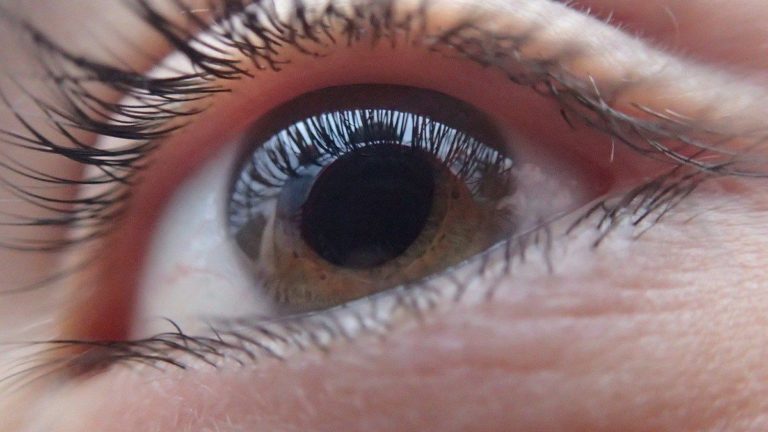
1. Consider a desensitizing toothpaste
If your dentist confirmed that you don’t have any underlying issues such as a cavity or fractured tooth which can cause your sensitivity, you should really consider using a desensitizing toothpaste, says Dr. Messina.
However, not all desensitizing toothpastes are created equal. Those which contain potassium nitrate can dull the receptors in any exposed nerve endings in the dentin, says Janna Burnett, DDS, clinical assistant professor, department of comprehensive dentistry, Texas A&M College of Dentistry, Dallas.
“You have to use it daily and it doesn’t last long,” she adds. “It’s not a longer-term fix. It’s something you have to keep up with.” Make sure to look for the American Dental Association (ADA) seal of approval to confirm. Other kinds of desensitizing toothpaste use a variety of different materials to plug up the dentinal tubules, Dr. Burnett says.
The dentin layer of your tooth is flecked with small tubules or pores, each of which have a nerve ending. “It isn’t an instant fix,” she adds. “It takes steady use for several days to weeks to start to clog up those holes so the teeth aren’t sensitive.” And if you stop using it, the sensitivity will return.

























